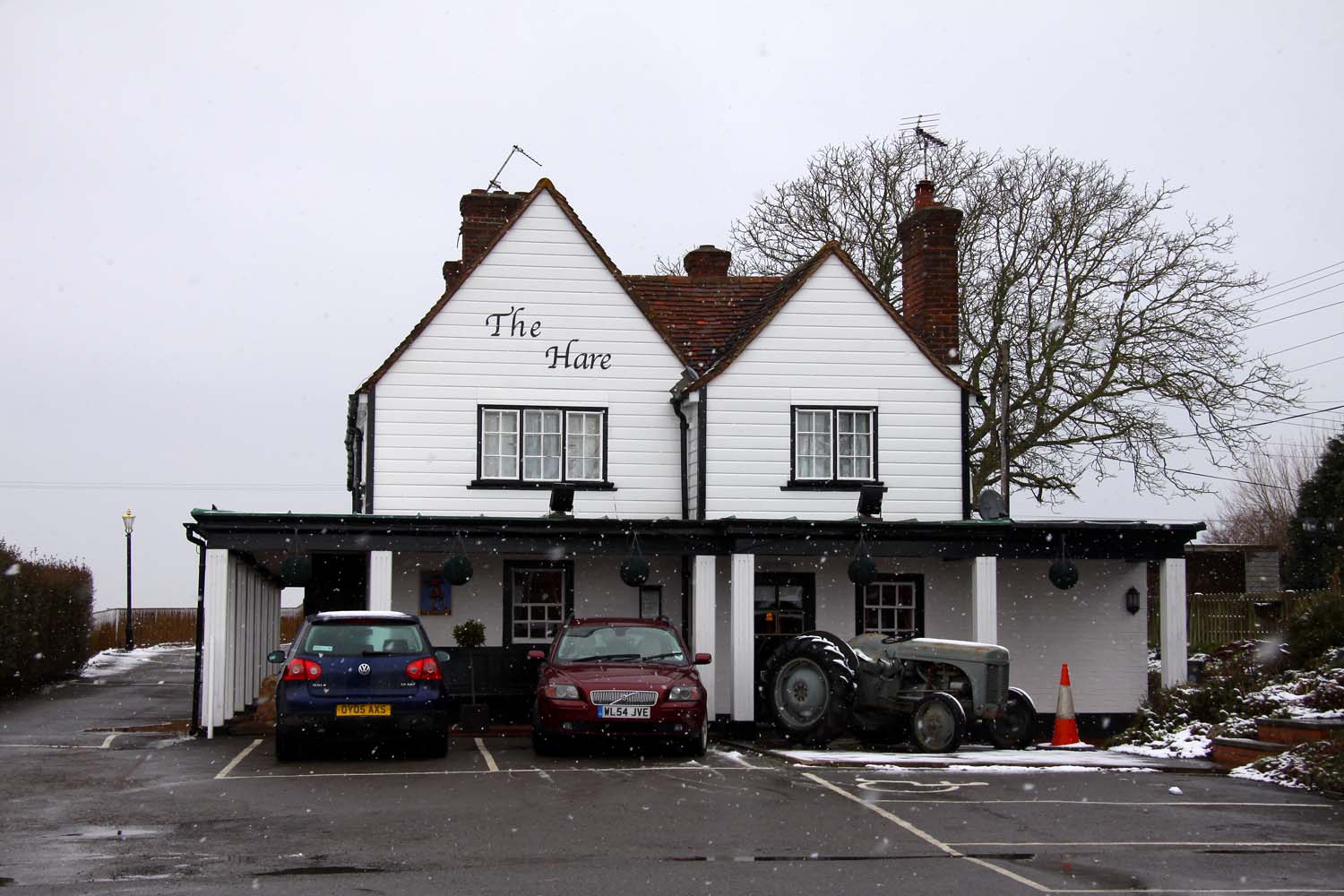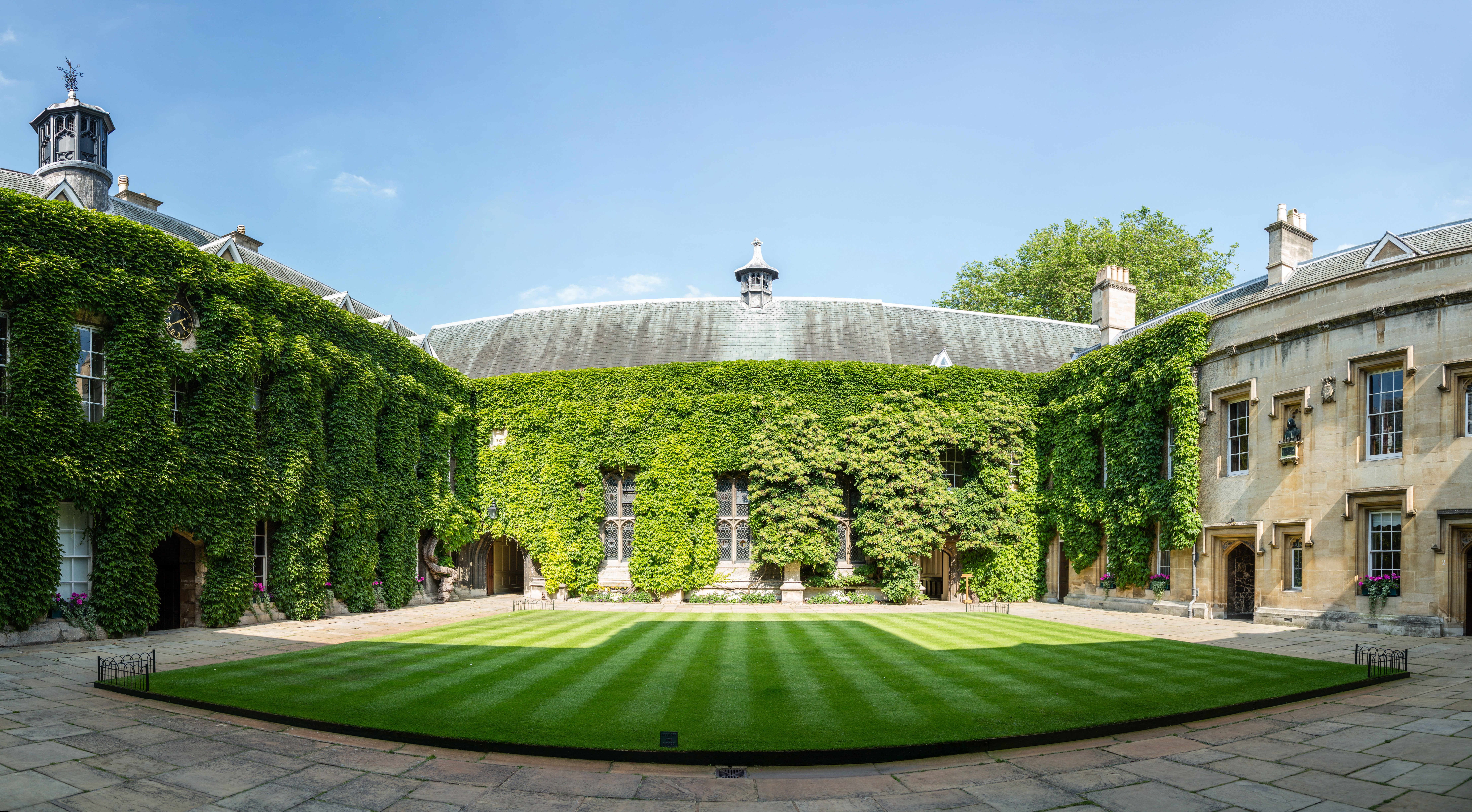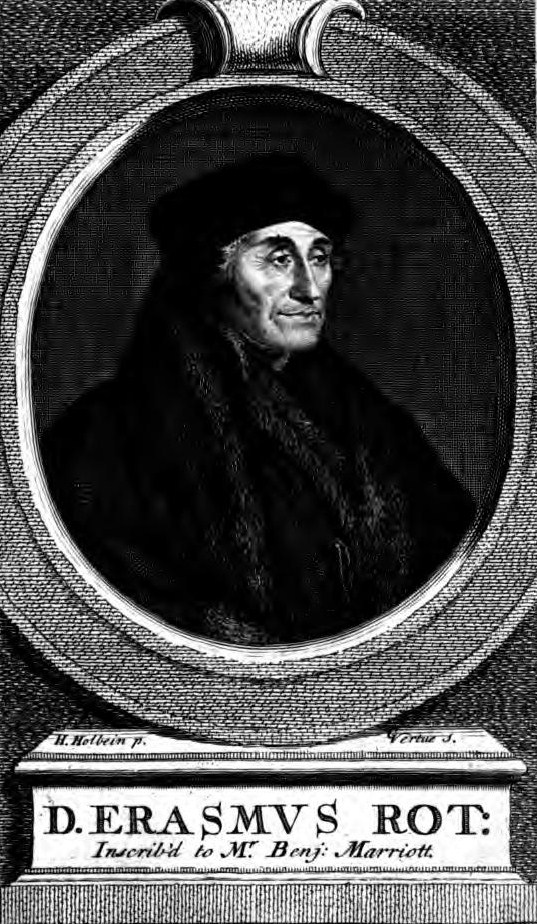|
John Spry (priest)
The Venerable John Spry, BD (Exeter 1690 – West Hendred 1763) of Lincoln College, Oxford Lincoln College (formally, The College of the Blessed Mary and All Saints, Lincoln) is one of the constituent colleges of the University of Oxford, situated on Turl Street in central Oxford. Lincoln was founded in 1427 by Richard Fleming, the ... was Archdeacon of Berkshire from his collation on 2 January 1747 until his death on 21 October 1763. Alumni Oxonienses 1500-1714 pp. 1394-1422 References 1690 births Clergy from Exeter Alumni of Lincoln College, Oxford Archdeacons of Berkshire 1763 deaths {{Canterbury-archdeacon-stub ... [...More Info...] [...Related Items...] OR: [Wikipedia] [Google] [Baidu] |
The Venerable
The Venerable (''venerabilis'' in Latin) is a style, a title, or an epithet which is used in some Western Christian churches, or it is a translation of similar terms for clerics in Eastern Orthodoxy and monastics in Buddhism. Christianity Catholic In the Catholic Church, after a deceased Catholic has been declared a Servant of God by a bishop and proposed for beatification by the Pope, such a servant of God may next be declared venerable (" heroic in virtue") during the investigation and process leading to possible canonization as a saint. A declaration that a person is venerable is not a pronouncement of their presence in Heaven. The pronouncement means it is considered likely that they are in heaven, but it is possible the person could still be in purgatory. Before one is considered venerable, one must be declared by a proclamation, approved by the Pope, to have lived a life that was "heroic in virtue" (the theological virtues of faith, hope, and charity and the cardinal virt ... [...More Info...] [...Related Items...] OR: [Wikipedia] [Google] [Baidu] |
Bachelor Of Divinity
In Western universities, a Bachelor of Divinity or Baccalaureate in Divinity (BD or BDiv; la, Baccalaureus Divinitatis) is a postgraduate academic degree awarded for a course taken in the study of divinity or related disciplines, such as theology or, rarely, religious studies. At the University of Cambridge, the Bachelor of Divinity degree is considered senior to the university's PhD degree. In the Catholic universities the Bachelor of Sacred Theology (STB) is often called the Baccalaureate in Divinity (BD) and is treated as a postgraduate qualification. United Kingdom Current examples of where the BD degree is taught in the United Kingdom are: the University of St Andrews (where entrants must hold a degree in another discipline); Queen's University Belfast; the University of Aberdeen; the University of Edinburgh; and the University of Glasgow. At the University of Cambridge and previously at the University of Oxford, the BD is a postgraduate qualification, and applicants mu ... [...More Info...] [...Related Items...] OR: [Wikipedia] [Google] [Baidu] |
Exeter
Exeter () is a city in Devon, South West England. It is situated on the River Exe, approximately northeast of Plymouth and southwest of Bristol. In Roman Britain, Exeter was established as the base of Legio II Augusta under the personal command of Vespasian. Exeter became a religious centre in the Middle Ages. Exeter Cathedral, founded in the mid 11th century, became Anglican in the 16th-century English Reformation. Exeter became an affluent centre for the wool trade, although by the First World War the city was in decline. After the Second World War, much of the city centre was rebuilt and is now a centre for education, business and tourism in Devon and Cornwall. It is home to two of the constituent campuses of the University of Exeter: Streatham and St Luke's. The administrative area of Exeter has the status of a non-metropolitan district under the administration of the County Council. It is the county town of Devon and home to the headquarters of Devon County Council. A p ... [...More Info...] [...Related Items...] OR: [Wikipedia] [Google] [Baidu] |
West Hendred
West Hendred is a village and civil parish about east of Wantage. It was part of Berkshire until the 1974 boundary changes transferred it to Oxfordshire. West Hendred is downland village, its parish stretching from the Ridgeway in the south through the spring line and meadows to the former marshland of the Oxfordshire plain in the north. The parish is about in area and long, but only being about wide at the widest point. This is an example of a downland linear parish encompassing a wide variety of land types – chalk downland, greensand on the spring line and clay to the north. The Great Western Main Line crosses the northern part of the parish. The Icknield Way and The Ridgeway cross the parish in the south. The parish includes the hamlet of East Ginge, which is immediately below the Downs and includes Ginge Manor, home of Annabel Astor, Viscountess Astor, mother of Samantha Cameron. Neighbouring hamlet West Ginge, however, is in the parish of Lockinge. Both of the ... [...More Info...] [...Related Items...] OR: [Wikipedia] [Google] [Baidu] |
Lincoln College, Oxford
Lincoln College (formally, The College of the Blessed Mary and All Saints, Lincoln) is one of the constituent colleges of the University of Oxford, situated on Turl Street in central Oxford. Lincoln was founded in 1427 by Richard Fleming, the then Bishop of Lincoln. Notable alumni include the physician John Radcliffe, the founder of Methodism John Wesley, antibiotics scientists Howard Florey, Edward Abraham, and Norman Heatley, writers Theodor Seuss Geisel (Dr. Seuss) and David John Moore Cornwell (John le Carré), the journalist Rachel Maddow, and the current British Prime Minister Rishi Sunak. Mensa was founded at Lincoln College in 1946. Lincoln College has one of the oldest working medieval kitchens in the UK. History Founding Richard Fleming, the then Bishop of Lincoln, founded the College in order to combat the Lollard teachings of John Wyclif. He intended it to be "a little college of true students of theology who would defend the mysteries of Scripture against t ... [...More Info...] [...Related Items...] OR: [Wikipedia] [Google] [Baidu] |
Archdeacon Of Berkshire
The Archdeacon of Berkshire (also rendered Archdeacon of Berks) is a senior ecclesiastical officer in the Church of England Diocese of Oxford. The archdeacon is the head of the archdeaconry of Berkshire, a post historically found within the diocese of Salisbury, and then, from 7 October 1836, within Oxford diocese. List of archdeacons :''Some archdeacons without territorial titles are recorded from around the time of the Norman Conquest; see Archdeacon of Salisbury.'' High Medieval *–aft. 1156: Roger *bef. 1173–bef. 1205: Geoffrey de Vernun *bef. 1206–aft. 1215: Alberic *aft. 1204–aft. 1222: Geoffrey *bef. 1224–aft. 1236: William of Merton *: Clement *: William de Raley *bef. 1237–aft. 1255: Giles of Bridport *: William *bef. 1266–aft. 1268: Walter Scammel *bef. 1275–bef. May 1284: Stephen of Newbury *aft. June 1284–bef. 1313: William de Berges Late Medieval *10 March 1313–bef. December 1313: Richard de Bello *bef. December 1313–bef. August 1331 (d ... [...More Info...] [...Related Items...] OR: [Wikipedia] [Google] [Baidu] |
Alumni Oxonienses
''Alumni Oxonienses: The Members of the University of Oxford'' is a biographical reference work by Joseph Foster (1844–1905), published by Oxford University Press, listing the alumni of the University of Oxford. Foster's work was compiled principally from the colleges' matriculation registers and the university archives, but it also relies on numerous printed and other sources. Publications *''Alumni Oxonienses (1500–1714)'' (two volumes, 1891–92)online version at british-history.ac.uk* ''Alumni Oxonienses (1715–1886) (two volumes, 1891–92)'': ** Surnames beginning A-D online version ** Surnames beginning E-K online version ** Surnames beginning L-R online version ** Surnames beginning S-Z online version *''Oxford Men and their Colleges'' (1880–1892) (two volumes, 1893)online version See also * ''Alumni Cantabrigienses ''Alumni Cantabrigienses: A Biographical List of All Known Students, Graduates and Holders of Office at the University of Cambri ... [...More Info...] [...Related Items...] OR: [Wikipedia] [Google] [Baidu] |
Samuel Knight (clergyman)
Samuel Knight (1675–1746) was an English clergyman and antiquary. Life He was born in London the son of John Knight and attended St Paul's School, London and Trinity College, Cambridge (BA 1702, MA 1706), and received a Cambridge DD in 1706. He was ordained in 1704 and became chaplain to the Earl of Oxford. He was Rector of Borough Green, Cambridgeshire (1707-1746), Vicar of Chippenham, Cambridgeshire in 1707, Prebendary of Ely cathedral, (1714-1746) and Rector of Bluntisham, Huntingdonshire (1714-1746) . He served as chaplain to King George II from 1730 to 1746 and as Archdeacon of Berkshire from 1735 to 1746. He was a prebendary of Lincoln from 1742 to 1746 . Knight died on 9 December 1746 and was buried in Bluntisham Church. He had a son Samuel. Works He was a strong Protestant. In his biography of Erasmus, Knight argues, like many contemporary Protestants, that Erasmus was truly a Protestant at heart but did not fully express this during his lifetime. He focuses on Era ... [...More Info...] [...Related Items...] OR: [Wikipedia] [Google] [Baidu] |
William Dodwell
William Dodwell (1709–1785) was an English cleric known as a theological writer, archdeacon of Berkshire from 1763. Life He was born at Shottesbrooke, Berkshire, on 17 June 1709, was the second son and fifth child of Henry Dodwell the elder, the nonjuror. He was educated at Trinity College, Oxford, where he took his degree of M.A. in 1732. Dodwell became rector of Shottesbrooke, and vicar of White Waltham and Bucklesbury. Thomas Sherlock as bishop of Salisbury gave him a prebendal stall in Salisbury Cathedral in 1748; and he later obtained a residentiary canonry there. Subsequently, another bishop of Salisbury, John Thomas, made him archdeacon of Berkshire, in 1763. On 23 February 1750 the university of Oxford conferred on Dodwell the degree of D.D. by diploma, in recognition of his services to religion by his replies to Conyers Middleton (see Middletonian Controversy). Dodwell died on 23 October 1785. Works Dodwell, like his father, was a keen controversialist: his oppone ... [...More Info...] [...Related Items...] OR: [Wikipedia] [Google] [Baidu] |
1690 Births
Year 169 ( CLXIX) was a common year starting on Saturday (link will display the full calendar) of the Julian calendar. At the time, it was known as the Year of the Consulship of Senecio and Apollinaris (or, less frequently, year 922 ''Ab urbe condita''). The denomination 169 for this year has been used since the early medieval period, when the Anno Domini calendar era became the prevalent method in Europe for naming years. Events By place Roman Empire * Marcomannic Wars: Germanic tribes invade the frontiers of the Roman Empire, specifically the provinces of Raetia and Moesia. * Northern African Moors invade what is now Spain. * Marcus Aurelius becomes sole Roman Emperor upon the death of Lucius Verus. * Marcus Aurelius forces his daughter Lucilla into marriage with Claudius Pompeianus. * Galen moves back to Rome for good. China * Confucian scholars who had denounced the court eunuchs are arrested, killed or banished from the capital of Luoyang and official life duri ... [...More Info...] [...Related Items...] OR: [Wikipedia] [Google] [Baidu] |
Clergy From Exeter
Clergy are formal leaders within established religions. Their roles and functions vary in different religious traditions, but usually involve presiding over specific rituals and teaching their religion's doctrines and practices. Some of the terms used for individual clergy are clergyman, clergywoman, clergyperson, churchman, and cleric, while clerk in holy orders has a long history but is rarely used. In Christianity, the specific names and roles of the clergy vary by denomination and there is a wide range of formal and informal clergy positions, including deacons, elders, priests, bishops, preachers, pastors, presbyters, ministers, and the pope. In Islam, a religious leader is often known formally or informally as an imam, caliph, qadi, mufti, mullah, muezzin, or ayatollah. In the Jewish tradition, a religious leader is often a rabbi (teacher) or hazzan (cantor). Etymology The word ''cleric'' comes from the ecclesiastical Latin ''Clericus'', for those belonging ... [...More Info...] [...Related Items...] OR: [Wikipedia] [Google] [Baidu] |
Alumni Of Lincoln College, Oxford
Alumni (singular: alumnus (masculine) or alumna (feminine)) are former students of a school, college, or university who have either attended or graduated in some fashion from the institution. The feminine plural alumnae is sometimes used for groups of women. The word is Latin and means "one who is being (or has been) nourished". The term is not synonymous with "graduate"; one can be an alumnus without graduating (Burt Reynolds, alumnus but not graduate of Florida State, is an example). The term is sometimes used to refer to a former employee or member of an organization, contributor, or inmate. Etymology The Latin noun ''alumnus'' means "foster son" or "pupil". It is derived from PIE ''*h₂el-'' (grow, nourish), and it is a variant of the Latin verb ''alere'' "to nourish".Merriam-Webster: alumnus .. Separate, but from the s ... [...More Info...] [...Related Items...] OR: [Wikipedia] [Google] [Baidu] |





